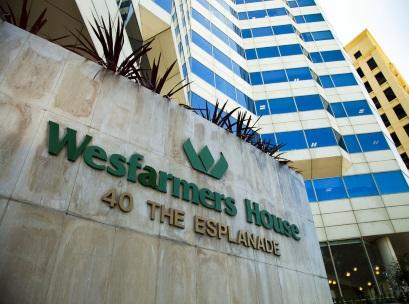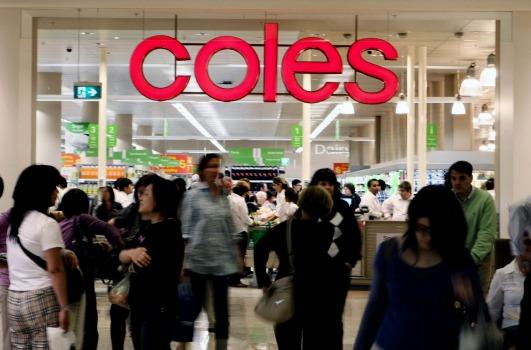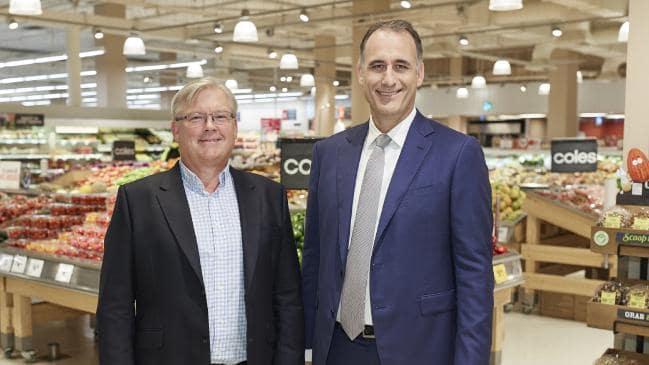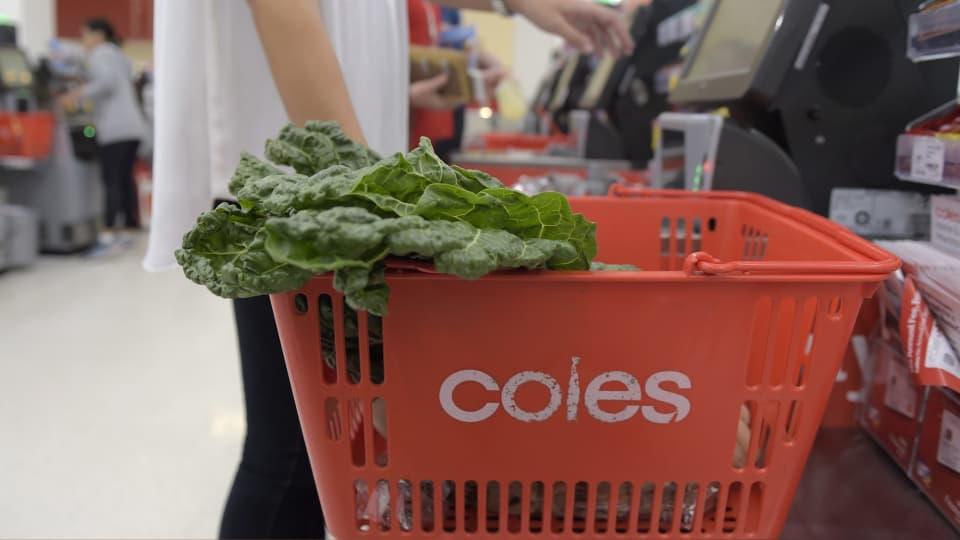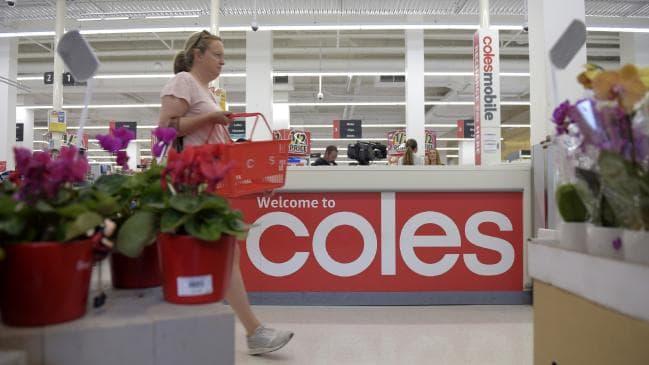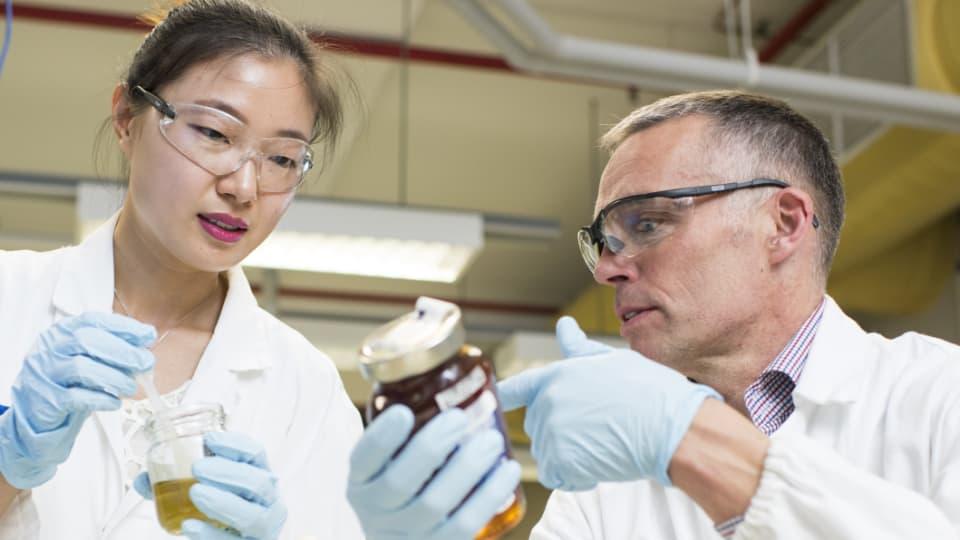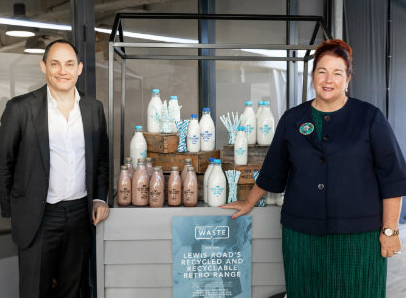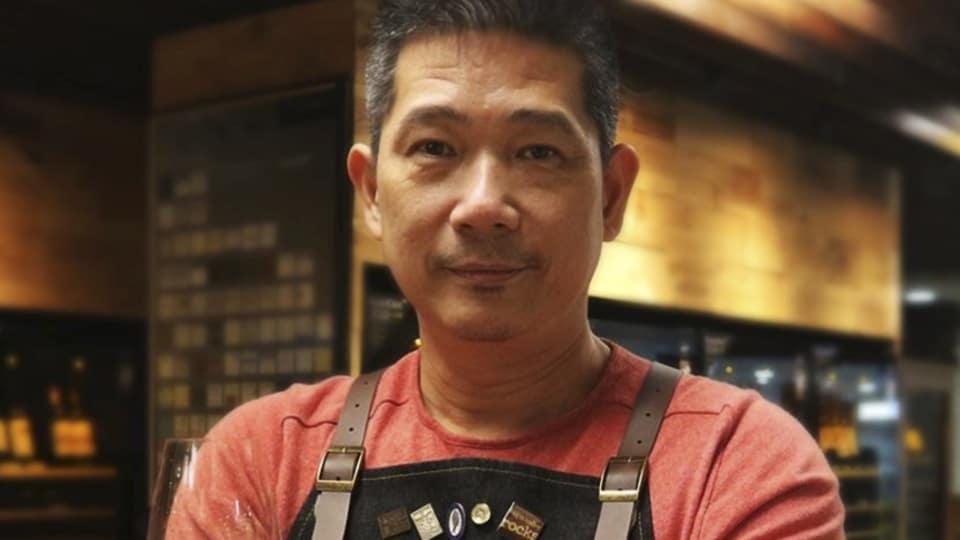
Margaret River has again shown it can produce world-class wines not limited to its traditional varieties of cabernet and chardonnay at the 2018 Wine Show of WA.
And German retailer Aldi also proved its previous honours on the national wine show circuit were no flash-in-the-pan wins.
Local winery Stella Bella won best wine of show at WA's most prestigious wine show for its 2017 Shiraz, the $32 wine judged best from a field of nearly 850 that were tasted at the show in Mount Barker.
And Aldi claimed best white wine and best chardonnay of show for its $15 2017 Blackstone Paddock Limited Release Chardonnay, a remarkable feat given this year's judges praised the high standard of the 2017 chardonnay class.
Wine judge Lim Hwee Peng was in town for the 2018 Wine Show of WA.
Wine judge Lim Hwee Peng was in town for the 2018 Wine Show of WA.
Advertisement
The most successful exhibitor at the show for the throng of experienced local, national and international judges was Cherubino Wines, which recently opened its new cellar door on Caves Road in Margaret River.
The judging panel said the standout class this year was the 2017 chardonnay class, with 108 entries that garnered eight gold medals, while the 2018 rieslings also impressed with six golds from the field of 44 wines.
The 41st edition of the annual wine show drew 834 entries from 115 producers among all nine of WA's wine regions, with 592 medals awarded (340 bronze, 166 silver and 86 gold).
Celebrated Singaporean wine judge Lim Hwee Peng joined new chief judge of show, Tasmanian winemaker Samantha Connew, who said the judging illustrated the strength of WA wines on the national circuit, particularly in the riesling class.
Margaret River winery Stella Bella won best wine of show for its 2017 Shiraz.
Margaret River winery Stella Bella won best wine of show for its 2017 Shiraz.
"These wines show a breadth of different styles, from classic linear purity to funkier, slightly worked wines," she said.
"While we expect both chardonnay and cabernet to be world class in this show (and they undoubtedly were), other varieties and styles put in a strong showing.
“Malbec impressed both as a straight varietal and as part of blends, showing the regional promise of this variety for the future.
“Some lovely 2017 shiraz demonstrated real purity of fruit with deft winemaking guiding the way in terms of vibrant, medium-bodied wines with judicious use of oak and stems.
“The 2017 chardonnays were a very strong field as always and with the cooler vintage showing through in tighter, more coiled wines, these will provide good drinking for some time to come.
"Finally, it was pleasing and very apt to be able to award the Gladstone’s Trophy to a fortified, a nice nod to the Swan Valley and its historical contribution to the WA wine industry."
A recent WAtoday taste test of Aldi's wine offerings on the eve of selling liquor in WA for the first time proved the wines were nothing to sneer at and the German retailer had established a solid wine buying program .
Aldi recently won two trophies at the 2018 Riverina Wine Show and in the past 12 months has won gold for the following wines:
• Veuve Olivier Brut NV - $7.99
• Kaiora Bay Marlborough Sauvignon Blanc 2017 and 2018 vintages ($8.99)
• Kaiora Bay Reserve Marlborough Sauvignon Blanc 2017 ($11.99)
• Reserve Les Maurins Sauvignon Blanc 2017 ($11.99) (3rd year in a row) (Seasonal)
• A.C. Byrne Margaret River Chardonnay 2017 ($9.99)
• Claire Creek Merlot 2017 ($5.99)
• The Pond Cabernet Sauvignon 2017 ($6.99)
• 5171 McLaren Vale Cabernet Sauvignon 2016 ($11.99)
• Chateau Les Maurins Bordeaux 2016 ($9.99)
• El Toro Macho Superior 2016 ($4.99)
• El Toro Macho Reserva 2014 ($6.99)
• Coraggioso Nero D’Avola 2017 ($4.99)
• Chateau La Diffre Plan De Dieu (Cote Du Rhone Villages) 2016 ($9.99) (Seasonal)
• Pajaro De Buen Aguero Ganarcha 2016 ($9.99) (Special Buy)
• Taylors Special Release Clare Valley 2016 ($14.99)
Aldi Australia buying director Jason Bowyer said recognition from judges in WA and interstate was extremely pleasing.
"Winning four trophies this year in a highly competitive show circuit is testament to the genuine quality of our wines," he said.
"Our team of suppliers and winemakers both domestic and abroad have achieved outstanding results.
To win golds across price points from as low as $4.99 through to our premium wines, shows that we committed genuinely to value at every price point.
This is rarely seen in any other retailer domestically and internationally."
WA Wine Show panel leaders included Courtney Treacher from Brookland Valley Wines, Kim Horton from Willow Bridge and winemaker Peter Bissell from Balnaves of Coonawarra.
2018 Wine Show of WA : Trophy Winners
Best Wine of Show
Stella Bella 2017 Shiraz
Best Red Wine of Show
Stella Bella 2017 Shiraz
Best White Wine of Show
Blackstone Paddock 2017 Limited Release Chardonnay
Most Successful Exhibitor Overall
Cherubino Wines
Most Successful Exhibitor (under 250 tonnes)
Castle Rock Estate
Winery with the Highest Aggregate for top 3 pointed wines
Houghton and Xanadu (equal winners)
Best and Most Distinctive Regional Character
Houghton NV Cellar Reserve Rare Liqueur
Best Great Southern White
Castle Rock 2018 Porongurup Riesling
Best Great Southern Red
Ferngrove 2017 Black Label Malbec
Best Chardonnay
Blackstone Paddock 2017 Limited Release Chardonnay
Best Riesling
Castle Rock 2018 Porongurup Riesling
Best Aged Riesling
Alkoomi Wines 2010 Black Label Riesling
Best Sauvignon Blanc
Franklin Tate Estates 2018 Alexanders Reserve Sauvignon Blanc
Best White Blend
Deep Woods Estate 2018 Ivory Semillon, Sauvignon Blanc
Best Dry White Varietal
Juniper 2017 Small Batch Fiano
Best Rose of Show
Rockcliffe Winery 2018 Third Reef Rose
Best Pinot Noir
Castle Rock 2017 Porongurup Pinot Noir
Best Shiraz
Stella Bella 2017 Shiraz
Best Cabernet Sauvignon
Xanadu 2014 Cabernet Sauvignon
Best Red Blend
Ironcloud Wines 2017 Rock of Solitude Purple Patch GSM
Best Other Red Varietal
Ferngrove 2017 Black Label Malbec
Best Older Red Wine
Xanadu 2014 Cabernet Sauvignon
Best Sparkling
Pemberley NV Sparkling Lustre Chardonnay, Pinot Noir
Best Fortified or Sweet Wine
Houghton NV Cellar Reserve Rare Liqueur


